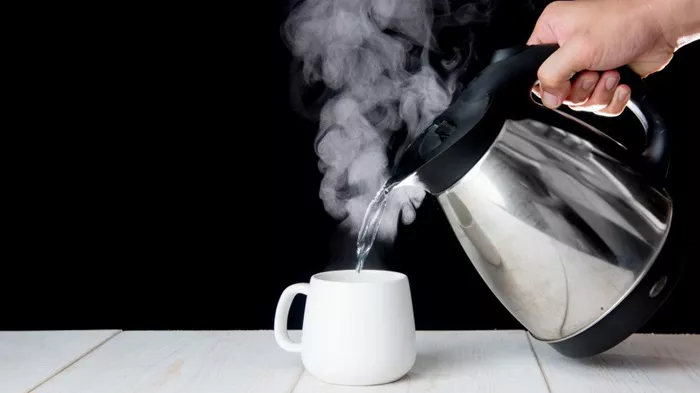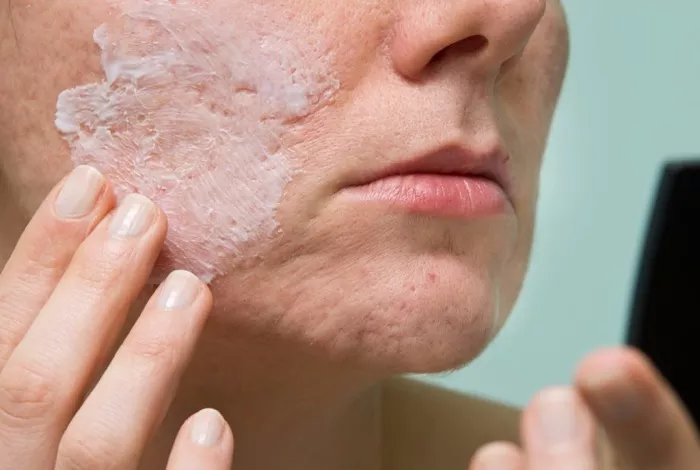Mental illness is a multifaceted domain encompassing a range of conditions that impact thoughts, emotions, and behaviors. While many individuals with mental illnesses pose no threat to others, there are instances where certain conditions can be associated with aggressive tendencies. This article delves into the intricate interplay between mental illness and the inclination to hurt others. It explores specific mental health disorders linked to aggressive impulses, the factors contributing to these behaviors, and the critical role of intervention and treatment.
SEE ALSO: Excessive Talking and Mental Illness: Exploring the Link
Understanding Aggressive Impulses in Mental Illness
Aggressive impulses, characterized by the desire to harm others physically or emotionally, can be influenced by several mental health disorders. It’s crucial to emphasize that these behaviors are not representative of everyone with a mental illness, and the vast majority of individuals with mental health conditions are not prone to violence.
1. Intermittent Explosive Disorder (IED)
IED is a condition characterized by recurrent outbursts of anger and aggression that are disproportionate to the situation. Individuals with IED may experience episodes of verbal or physical aggression, leading to harm to others or property damage. These outbursts are often impulsive and out of proportion to the triggering event.
2. Antisocial Personality Disorder (ASPD)
ASPD is associated with a pattern of disregarding the rights of others and violating social norms. Individuals with ASPD may engage in aggressive or violent behavior without remorse or empathy for their victims. This disorder is often linked to a history of childhood conduct problems.
3. Borderline Personality Disorder (BPD)
While aggression is not a defining feature of BPD, individuals with this disorder can experience intense mood swings, impulsivity, and difficulty managing their emotions. In some cases, these factors can contribute to aggressive outbursts directed toward others or themselves.
SEE ALSO: 4 Main Triggers of Borderline Personality Disorder (BPD)
4. Schizophrenia
Individuals with schizophrenia may experience symptoms such as hallucinations, delusions, and disorganized thinking. In rare instances, these symptoms can lead to aggression, particularly if the person perceives a threat or experiences command hallucinations instructing them to harm others.
SEE ALSO: Schizophrenia: Complex Causes & Concerns
Factors Contributing to Aggressive Impulses in Mental Illness
Understanding the factors that contribute to aggressive impulses in individuals with mental illness requires a nuanced perspective. It’s important to recognize that mental illness alone is not a direct cause of violence. Rather, a combination of individual, environmental, and situational factors can influence the likelihood of aggressive behavior:
1. Severity of Illness
The severity of the mental health disorder, including the presence of symptoms such as irritability, impulsivity, or impaired judgment, can increase the risk of aggressive tendencies.
2. Substance Abuse
Substance abuse can exacerbate aggressive behavior in individuals with mental illness. Substance use can impair judgment and self-control, leading to impulsive actions.
3. Lack of Treatment
Individuals who do not receive proper treatment or medication for their mental health condition may experience more pronounced symptoms, increasing the risk of aggression.
4. Previous Trauma
A history of trauma or abuse can contribute to the development of aggressive behaviors as a coping mechanism or a response to triggers.
5. Social Environment
Exposure to violence, a lack of supportive relationships, and a challenging living environment can contribute to the development of aggressive impulses.
6. Cultural and Socioeconomic Factors
Socioeconomic disparities, cultural norms, and social isolation can also impact an individual’s likelihood of engaging in aggressive behavior.
Intervention and Treatment for Aggressive Impulses in Mental Illness
Addressing aggressive impulses in individuals with mental illness requires a multifaceted approach that combines psychological, medical, and social interventions. Effective treatment focuses not only on managing aggressive behaviors but also on addressing the underlying causes and promoting overall mental well-being. Here, we delve deeper into the various strategies and therapies that play a vital role in intervention and treatment:
1. Diagnosis and Assessment: The Foundation for Treatment
Accurate diagnosis and thorough assessment by mental health professionals are essential starting points. A comprehensive evaluation helps identify the specific mental health disorder, the severity of symptoms, and any contributing factors that might trigger aggressive behavior. It’s important to recognize that while aggressive impulses may be a symptom, they are not a defining characteristic of any mental health disorder.
SEE ALSO: What is a Mental Evaluation? An Ultimate Overview
2. Medication and Pharmacotherapy
Antipsychotic Medications: Individuals with conditions such as schizophrenia or bipolar disorder may benefit from antipsychotic medications. These drugs help manage symptoms like hallucinations, delusions, and irritability, which can contribute to aggressive behavior.
Mood Stabilizers: For individuals with disorders involving mood dysregulation, mood stabilizers can help prevent extreme mood swings and impulsivity that may lead to aggression.
Anxiolytics and Antidepressants: In cases where anxiety or depression contributes to aggressive impulses, medications like anxiolytics and antidepressants can be prescribed to alleviate these symptoms.
3. Psychotherapy and Counseling
Cognitive Behavioral Therapy (CBT): CBT helps individuals identify negative thought patterns and develop healthier coping strategies. It can aid in managing anger, impulsivity, and distorted perceptions that contribute to aggressive impulses.
Dialectical Behavior Therapy (DBT): DBT is particularly effective for individuals with borderline personality disorder. It focuses on emotional regulation, interpersonal effectiveness, distress tolerance, and mindfulness, all of which contribute to reduced aggressive behaviors.
Anger Management Therapy: Specific anger management programs teach individuals skills to recognize triggers, manage anger, and respond to provocations in non-violent ways.
Family Therapy: In cases where family dynamics contribute to aggressive tendencies, family therapy can help improve communication, understanding, and conflict resolution skills.
SEE ALSO: Communication with a Psychiatrist: 14 Essential Topics for Optimal Mental Health
4. Supportive Environment and Social Interventions
Social Skills Training: Teaching individuals effective communication, conflict resolution, and interpersonal skills can help them manage emotions and interactions more positively.
Peer Support Groups: Peer support groups provide a safe space for individuals to share their experiences, learn from others, and receive encouragement in managing their mental health challenges.
Community Integration: Encouraging participation in community activities, hobbies, and social events can help reduce isolation and promote a sense of belonging.
5. Substance Abuse Treatment
Substance abuse often exacerbates aggressive behavior in individuals with mental illness. Addressing substance abuse issues is a critical aspect of treatment, as it can contribute to impulsivity, impaired judgment, and violent tendencies. Integrated dual diagnosis treatment, which addresses both mental health and substance use disorders, is often recommended.
SEE ALSO: Mental Illness and Substance Use: Complex Relationships & Treatments & Prevention
6. Collaborative Care and Multidisciplinary Approach
Effective treatment of aggressive impulses requires a collaborative effort involving various healthcare professionals, including psychiatrists, psychologists, social workers, and counselors. A multidisciplinary approach ensures a comprehensive assessment of the individual’s needs and tailors interventions to address their specific challenges.
7. Long-Term Management and Prevention
Managing aggressive impulses associated with mental illness is an ongoing process. While treatment can significantly improve symptoms, ongoing support is crucial to prevent relapse and maintain progress. Regular therapy sessions, medication management, and adherence to treatment plans are vital components of long-term management.
Community and Societal Responsibility for Mental Illness
Promoting mental health awareness, reducing stigma, and providing access to mental health care are essential components of preventing aggressive behavior associated with mental illness. Communities and societies play a significant role in fostering a safe and supportive environment for individuals struggling with mental health challenges.
Conclusion
The relationship between mental illness and the desire to hurt others is a complex and multifaceted topic. While aggressive impulses are not inherent to all individuals with mental health disorders, understanding the conditions and factors contributing to such behaviors is crucial for intervention and support. By fostering an environment of compassion, promoting mental health education, and ensuring access to appropriate treatment, we can contribute to reducing the risk of aggressive behavior and improving the well-being of individuals living with mental health conditions.
[inline_related_posts title=”Related Topics” title_align=”left” style=”list” number=”3″ align=”none” ids=”1648,1613,1435″ by=”categories” orderby=”rand” order=”DESC” hide_thumb=”no” thumb_right=”no” views=”no” date=”yes” grid_columns=”1″ post_type=”” tax=””]

































